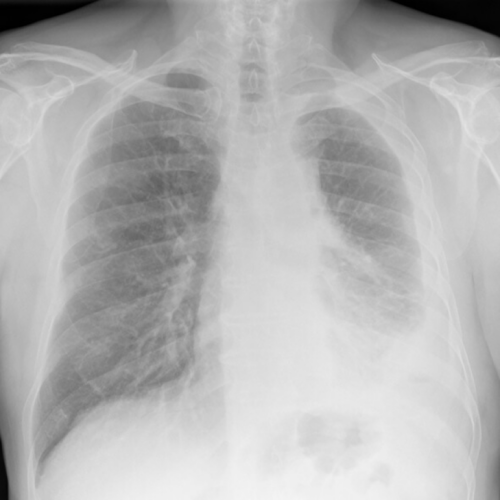A study out of Switzerland looked the long-term survival of mesothelioma patients who received trimodal therapy and concluded the procedure had mixed results. The patients given trimodal therapy did significantly better in the short-term than those in the palliative care group of the study.
However, the five-year survival rate for those with malignant mesothelioma was only marginally better than those in the palliative group, with a 10 percent rate versus the no survivors in the untreated group.
Trimodal therapy consists of an aggressive use of surgery, known as Extrapleural pneumonectomy (EPP). EPP involves a “radical surgical technique” that removes the diseased mesothelium, “the pleura, lung, pericardium and hemidiaphragm on the involved side.”
This surgery is accompanied by chemotherapy and radiotherapy. For those who survived the surgery, which is admittedly taxing for the individual, the short-term survival rates were much improved, with 71 percent surviving at the one-year mark, compared to 21 percent, and 28 percent survival at two years, as compared to only 5 percent in the palliative care group.
As the Swiss researchers noted, “However, a significant number of patients are disease-free for a meaningful time and the results are comparable with previously published data and support the hypothesis that EPP in the setting of trimodal therapy possibly achieves a better disease control.”
Tumors reoccurred in most patients, but 6 percent did remain tumor-free after five years. While it is a difficult procedure, for the right patient, it may be a viable treatment strategy. Nonetheless, the researchers suggested study was needed to determine if it was superior to alternative treatments.
Source: Swiss Medical Weekly,














